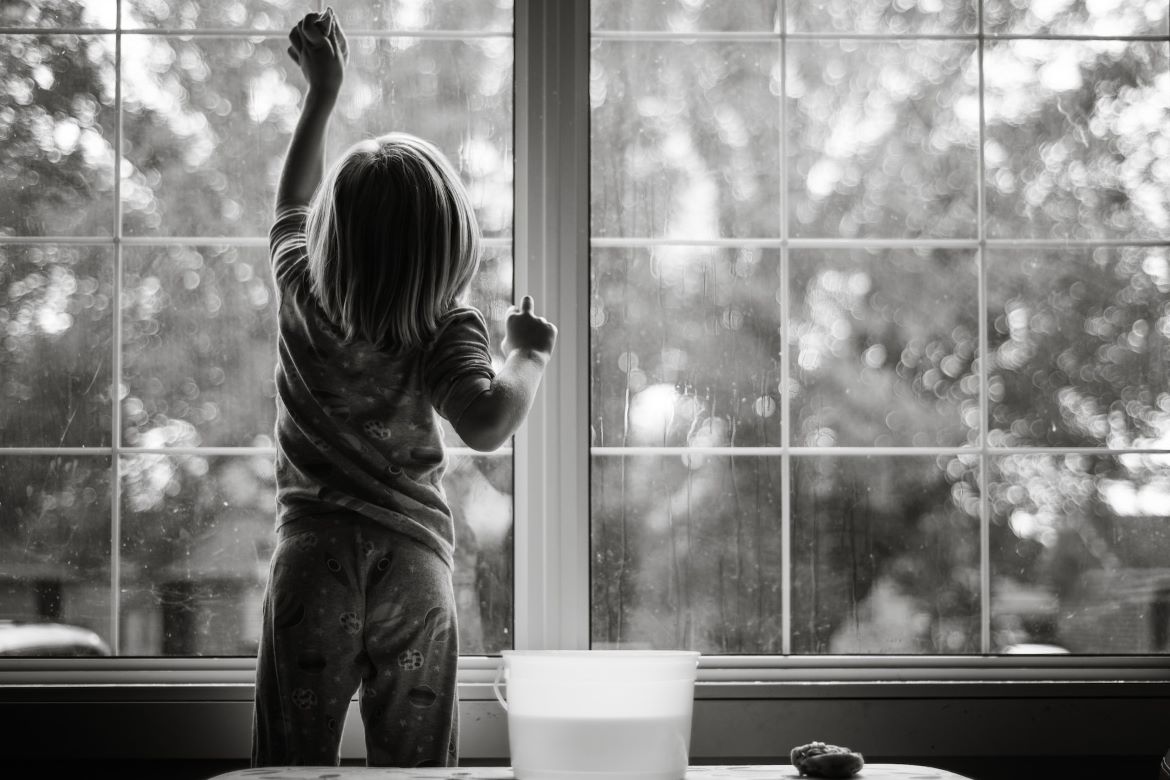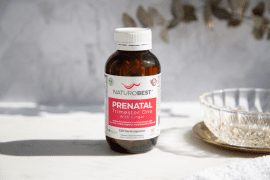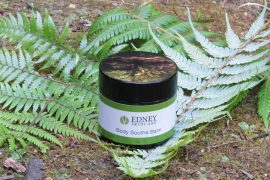By Endeavour College of Natural Health
Most of us today are constantly inundated with information, whether it is from our demanding jobs, everyday responsibilities, or our social feeds. With so much going on, it can be easy to overlook the small aspects of our life which are greatly impacting our health, such as the hidden toxins we encounter each day. Take a few moments to think about some of the toxins impacting your daily routine.
1. BPA
BPA, or Bisphenol A, seems to be everywhere. If you haven’t heard of it, BPA is a chemical and found in household items such as food storage containers, water bottles and the lining of canned goods.
With so much going on, it can be easy to overlook the small aspects of our life which are greatly impacting our health, such as the hidden toxins we encounter each day.
The effects of BPA are still widely debated. This chemical has been discussed in relation to infertility health because of its estrogen mirroring properties. Several clinical studies have linked BPA to contributing to reproductive difficulties.
If the peace of mind that comes with living chemical free is not enough reason to ditch plastic, recent research conducted by the Endocrine Society may remove your doubt. The organisation suggests BPA contributes to increased chronic diseases related to obesity, diabetes, reproduction, thyroid activity, and cancers.
Solution: Avoid plastic chemicals by opting for glass containers and water bottles and eating fewer canned foods, or looking for ones labeled “BPA free”.
2. Household cleaners
The fresh smell of a clean house may make you feel as though you’re safe from contamination, but the chemicals in cleaning products may do more harm than good. The Environmental Working Group (EWG) found that 50 percent of cleaning products in the U.S. alone contain ingredients harmful to the lungs and release fumes that trigger allergies, asthma, headaches and skin irritation. Beyond that, cleaning chemicals also pose a serious risk to children and pets if accidentally ingested – not to mention all of the chemicals that end up in our water supply.
The fresh smell of a clean house may make you feel as though you’re safe from contamination, but the chemicals in cleaning products may do more harm than good.
Solution: Be on the lookout for specific chemicals. Perchloroethylene (PCE), commonly found in spot removers, has been attributed to increased risk of breast cancer. Phenol, a chemical found in detergents and even mouthwash, has been linked to respiratory and circulatory system damage. Butyl cellosolve, an all-purpose cleaning chemical, may trigger liver, kidney, nervous system and bone marrow damage.
The EWG states that only seven percent of cleaning products fully disclose their contents. Exercise due diligence by paying attention to labels and finding natural alternatives. If your cleaning product labels include a long list of chemicals you can’t pronounce, it’s better to be safe and ditch them. (the Wellspring Bookstore has several sustainable products available, visit the online store).
Here’s a super simple two ingredient all-purpose home cleaner, created by one of our naturopathy students (Instagram @plantbasedliving_).
Keep your orange peels (organic is best), add white vinegar and let this sit in a glass jar for about two weeks…say goodbye to chemical cleaning product smells, this will make your place smell amazing!











